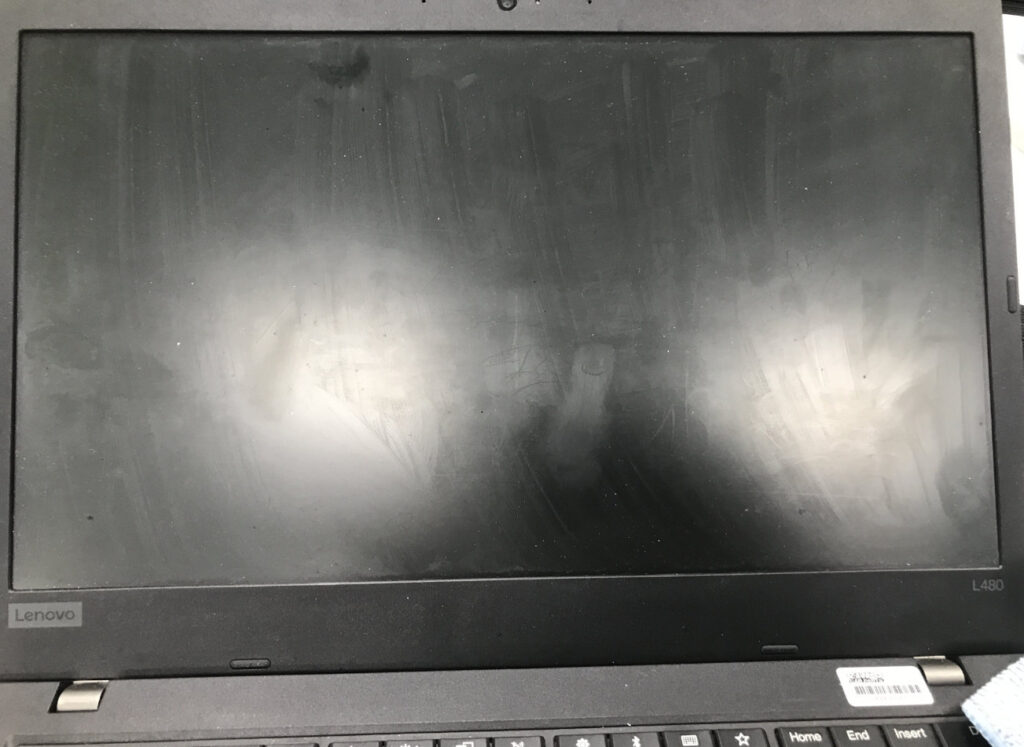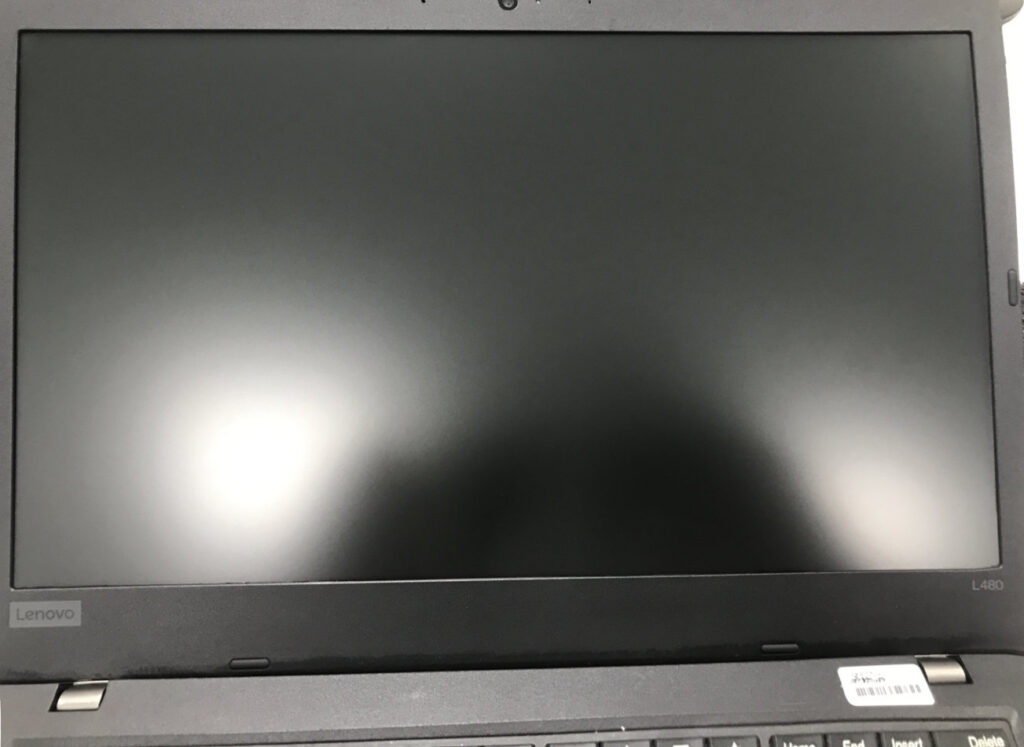Protection against faulty equipment
Dedicated computer and IT equipment cleaning service by professionals for professionals
Allergies
What are Allergies?
Allergies, also known as allergic diseases, are a number of conditions caused by hypersensitivity of the immune system to something in the environment. These diseases include hay fever, food allergies, atopic dermatitis, allergic asthma, and anaphylaxis Symptoms may include red eyes, an itchy rash, sneezing, a runny nose, shortness of breath, or swelling. Allergies are common. In the developed world, about 20% of people are affected by allergic rhinitis, about 6% of people have at least one food allergy, and about 20% have atopic dermatitis at some point in time. Depending on the country about 1–18% of people have asthma. Anaphylaxis occurs in between 0.05–2% of people. Rates of many allergic diseases appear to be increasing.
Allergies in the work place
It's hard enough to cope with allergies on the weekend, but dealing with allergies at work is even more challenging. Ask anyone who's ever dozed off in the middle of an important meeting because of allergy symptoms or medications. Allergy UK estimates that at least 5.7 million people could be allergic to their workplace.
The charity carried out research amongst office workers, primarily allergy sufferers, to establish how commonplace 'work fever' is. They asked about nasal problems, eye conditions, dry throats, breathing difficulties, lethargy, headaches and skin irritations; 95% of those questioned had experienced one or more of these symptoms in the office. But over a quarter (27%) said their symptoms were worsened by their office environment. Worryingly, 62% of respondents had experienced itchy or watery eyes, and 27% breathing difficulties over the last year in their office and, alarmingly, over half of the group surveyed had experienced an allergic reaction whilst at work.
Prevention
The survey showed that cleaning of offices is infrequent and doesn't appear adequate enough to prevent the build up of house dust mites and allergens. 37% said their office is cleaned just once a week or less, while a worrying 17% (nearly one in five) said their office is cleaned infrequently.
Workplace exposure to fumes, gases or dust are responsible for 11 percent of asthma worldwide, according to data from the World Health Organization (WHO). What’s more, 24.5 million missed workdays nationwide annually are attributable to occupational asthma. And that’s not including all the sniffing, sneezing, runny nose, and watery eye effects of allergies. Workers also can suffer from fatigue. Frequent activation of the immune system from allergic triggers can sap the body's energy. In essence, all that sneezing and coughing is exhausting. The effect of allergies at work has been called "presenteeism" -- being at work, but out of it. A 2001 study in a telephone call center found a significant correlation between spiking pollen counts and decreased productivity -- about 10% -- for workers with allergies.
Office and school environments are often riddled with dust and allergens. There are certain ‘neglected areas’ in an office that rarely get cleaned. Computers and office equipment in general are magnets for dust. Other common and overlooked sources of dust at the office are plugs, computer cords, base boards, surfaces at floor-to-wall junctures, window blind louvers, trim work, window wells, underneath office furniture and heating units, fabric on upholstered office furniture, and cubical partitions.
Productivity
Allergies don't just have an impact on the employee. According to the research, they are also having a significant effect on productivity. 73% of those questioned took time off sick in the last 12 months; the majority of the workforce has had some form of sickness in the last year, which is not unusual. However, the real area of concern is that 42% of allergy sufferers took time off work because of their allergy. 14% of sufferers actually took between four and ten days off sick due to their allergy, figures that could be addressed by actively minimising allergens in the workplace.
"Allergy symptoms are the No. 2 reason adults miss work," says James Sublett, MD, a board-certified asthma and allergy specialist in Louisville, Ky. The average worker with allergies misses about one hour per week over the course of a year. But that sick time is often concentrated during peak allergy periods. Poor office hygiene is expected to have reduced UK GDP by 0.8% or £13.7 billion in 2013, due to workers taking time off sick and by affecting their time whilst at work.
Free Quote

